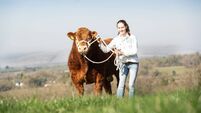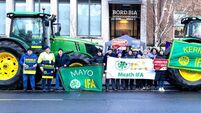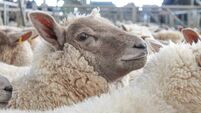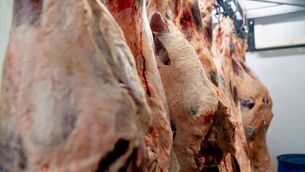Bruising under skin a telltale sign of bird flu, top vet says
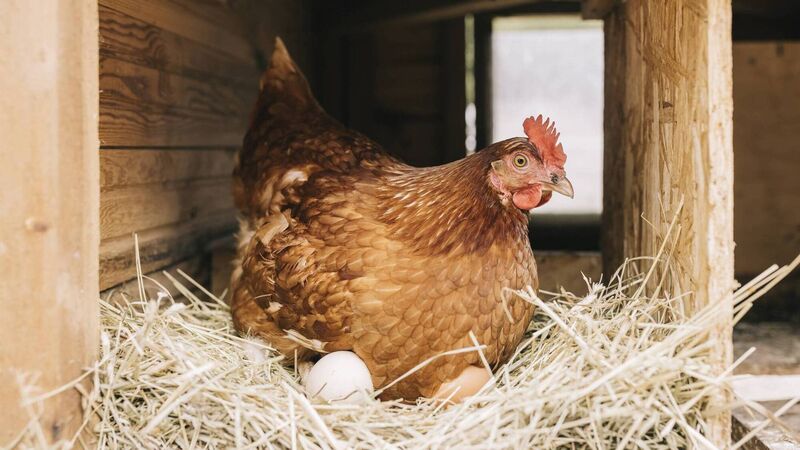
The Department of Agriculture is not currently considering a vaccine for poultry against bird flu.
Flock owners are advised subcutaneous haemorrhaging is a common symptom among all confirmed cases of bird flu so far.
In a webinar on the current highly pathogenic avian influenza (HPAI) H5N1 outbreaks in the country, it was revealed haemorrhaging under the skin has been a common symptom across the board with all confirmed cases of the virus.


